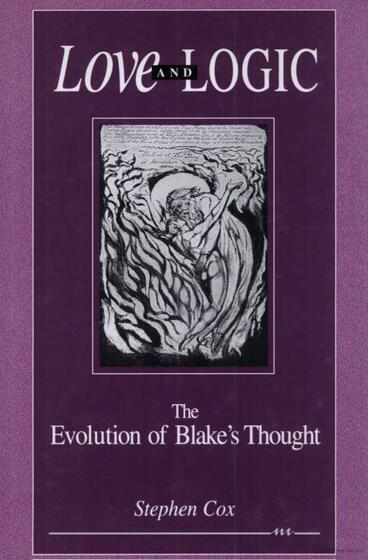Love and Logic
The Evolution of Blake's Thought
A fresh and readable explanation of Blake's major work that explores the relationship between love and logic in his writing
Description
William Blake is usually regarded as the greatest poet of mysticism in the English language. His primary theme is love - love of God, love of the Divine Humanity that he often equated with God, and the sexual love that he regarded sometimes as an embodiment and sometimes as a parody of divine love. For Blake, love was not so much a virtue as a problem, a problem that he reassessed in different ways throughout his life, using a variety of logical tools. Love and logic may seem an unusual pair of concerns, especially for a visionary poet, but author Stephen Cox believes that in Blake's work the problems of love and logic evolve together, constantly influencing each other and determining the structure of the poet's vision.
Scholars who have come to view Blake as a visionary whose work followed nonlinear processes have advanced the notion that his artistic achievement defies conventional interpretation. Love and Logic challenges the tendency in postmodern criticism to see authors and readers as confined by history, language, and logic, denied the ability discover truth or to communicate it in determinate form. Love and Logic emphasizes Blake's ambitious quest for truth, his desire to keep telling the story of human and divine love until he got it right, using all the strategies of logic available to him.
Stephen Cox is Associate Professor of Literature and Director of the Revelle College Humanities Program, University of California, San Diego.
Reviews
“A substantial contribution to the discussion of the structure, limits, consistency, and uniqueness of Blake’s thought.”
--Michael Ferber, University of New Hampshire
“Cox’s argument, that Blake’s ‘logic’ is essentially ‘a multiplication of logical strategies that organize meanings in a variety of momentarily determinate ways,’ is made powerfully, phrewdly, pungently, and often wittily.”
--Robert Gleckner, Duke University

